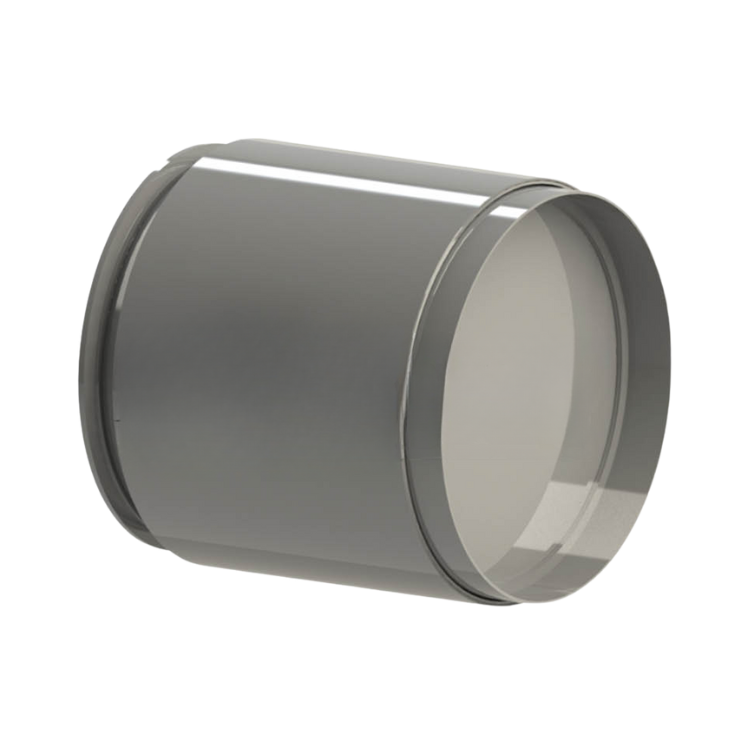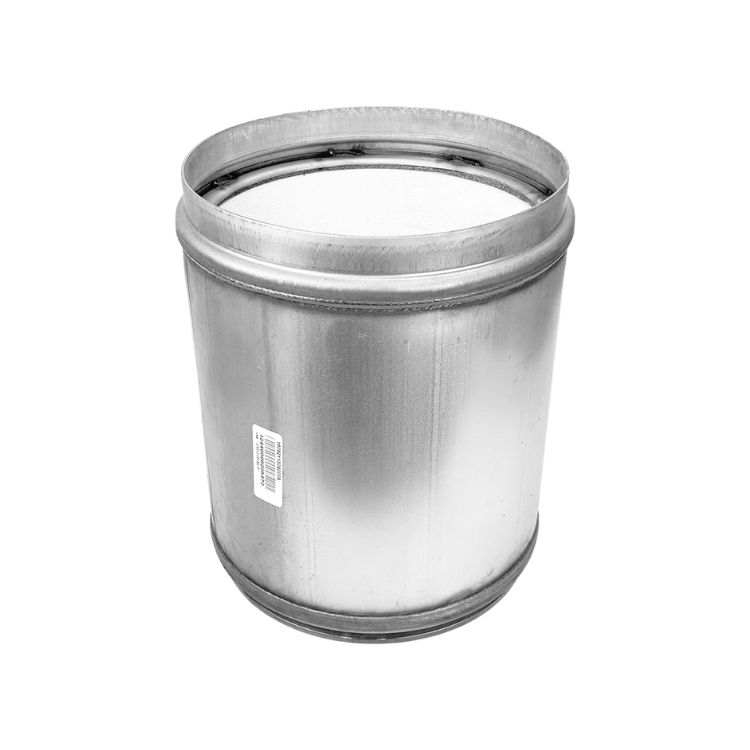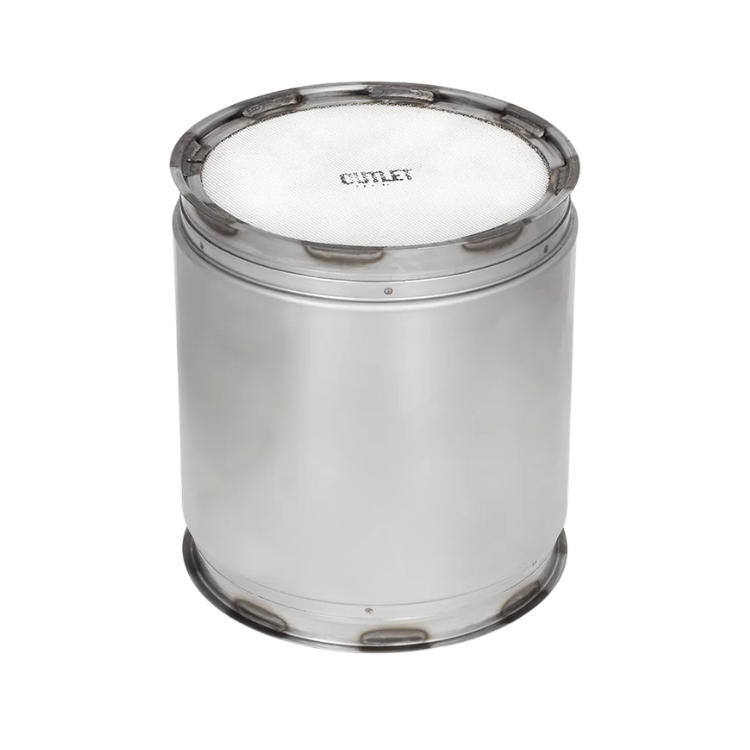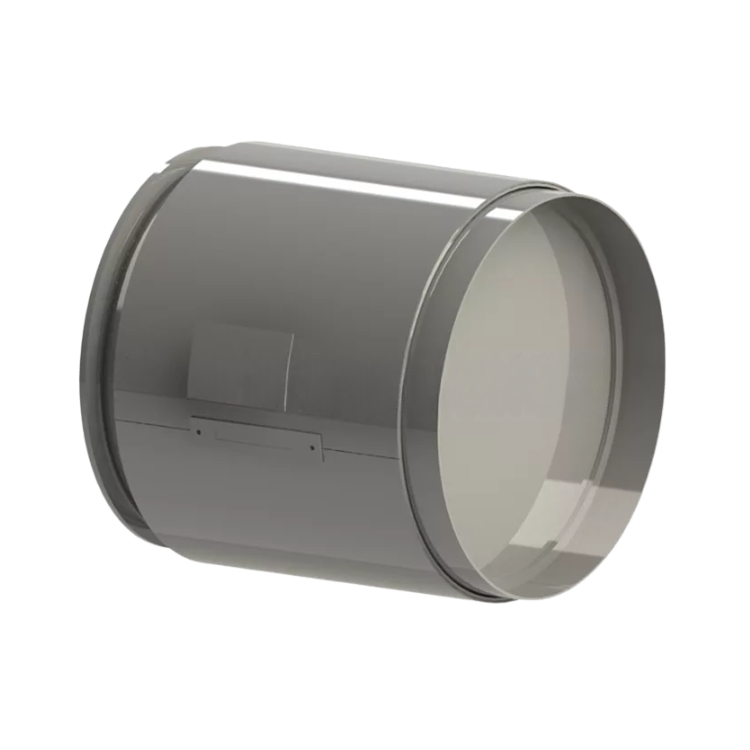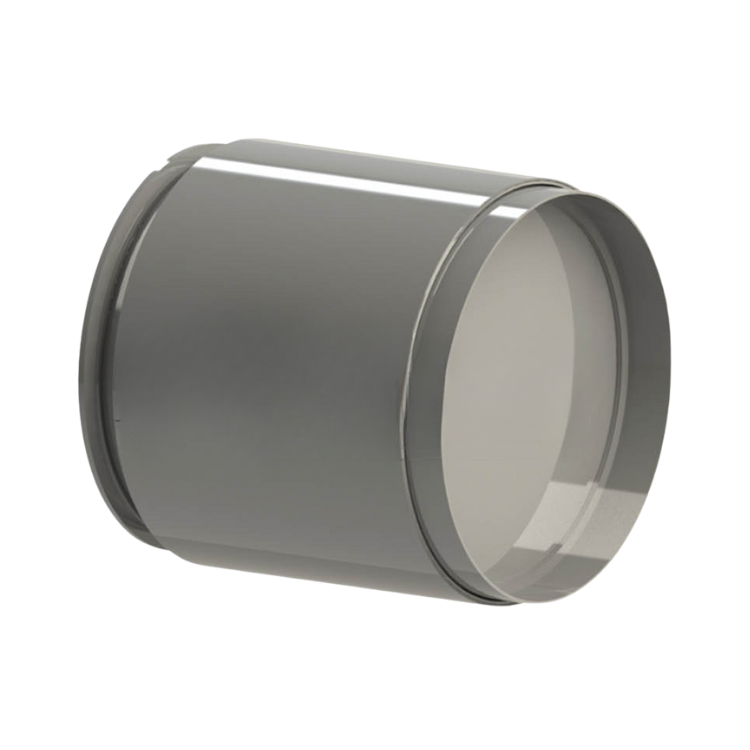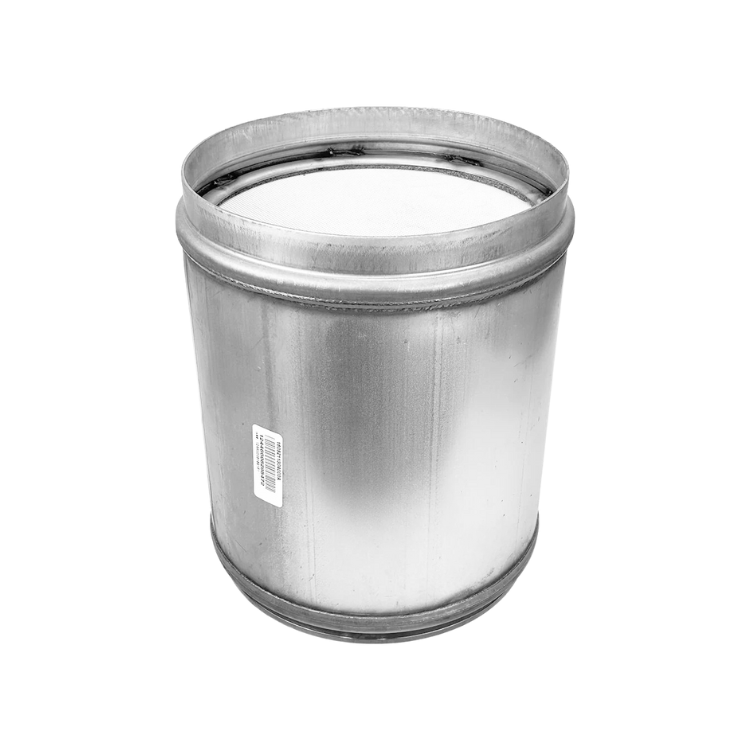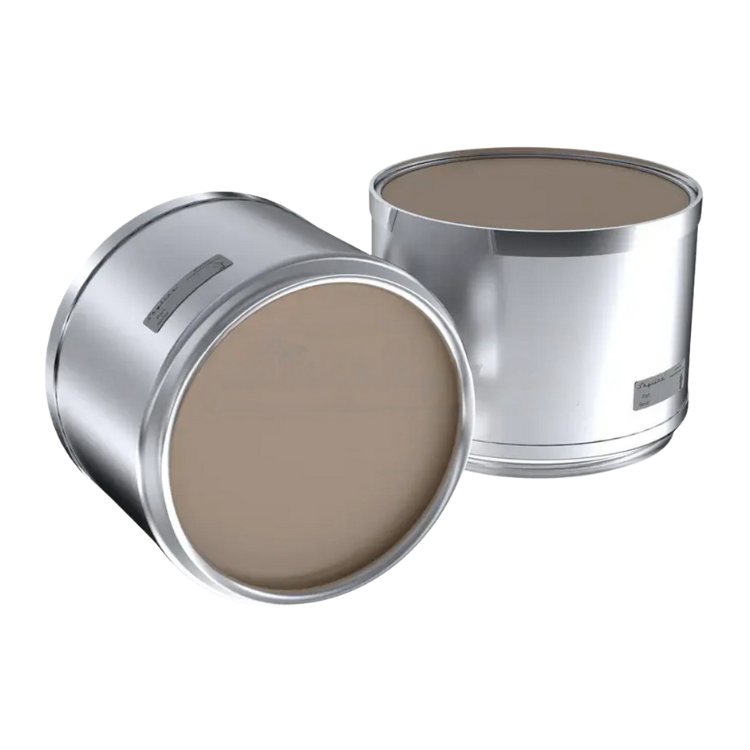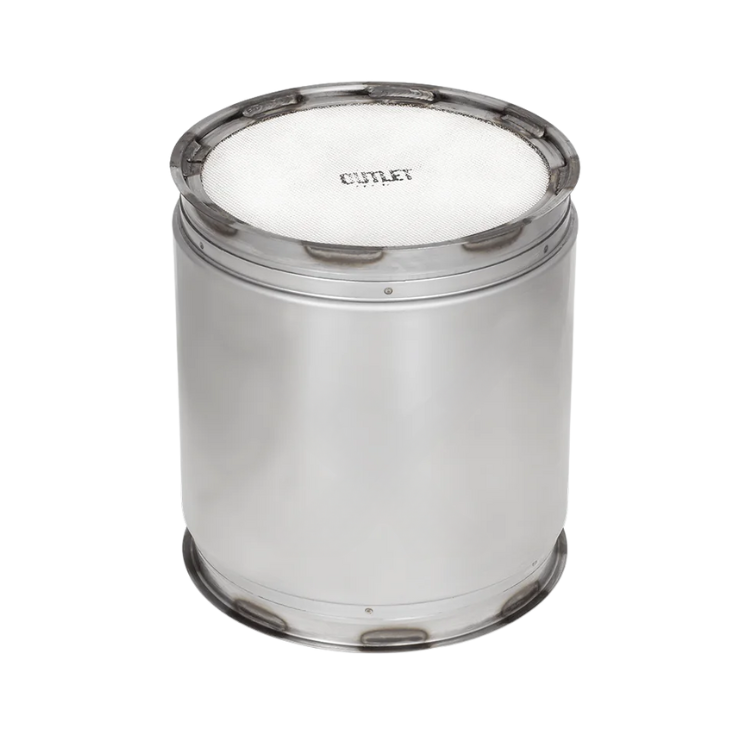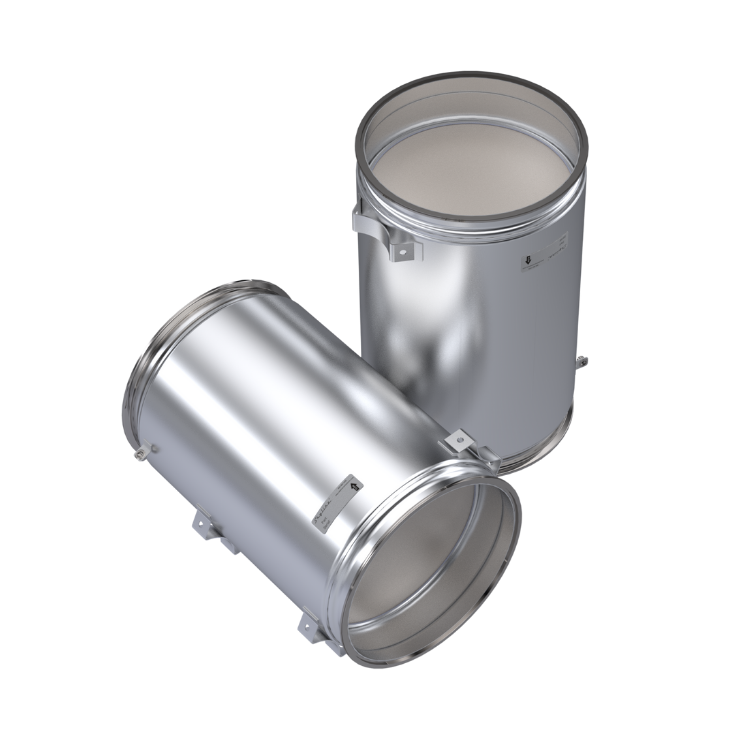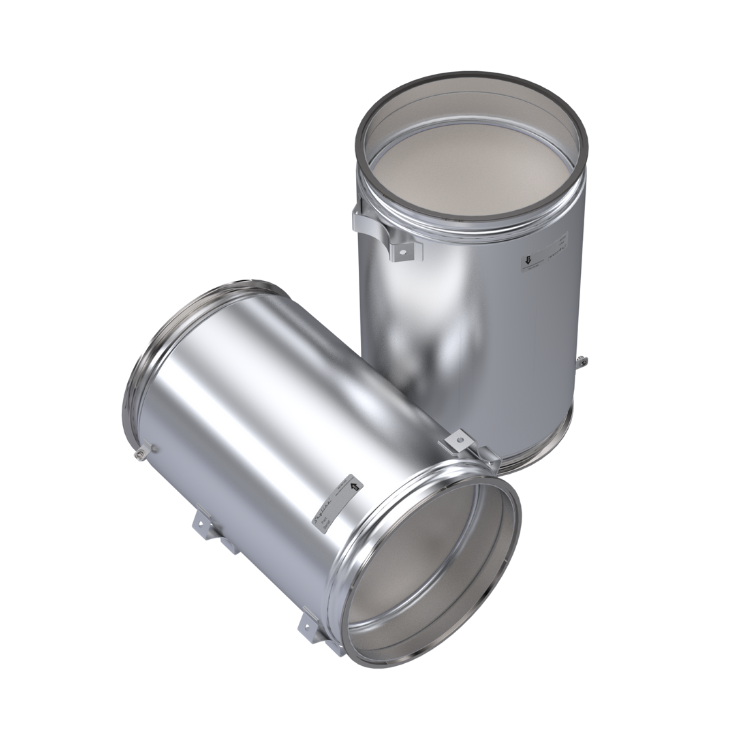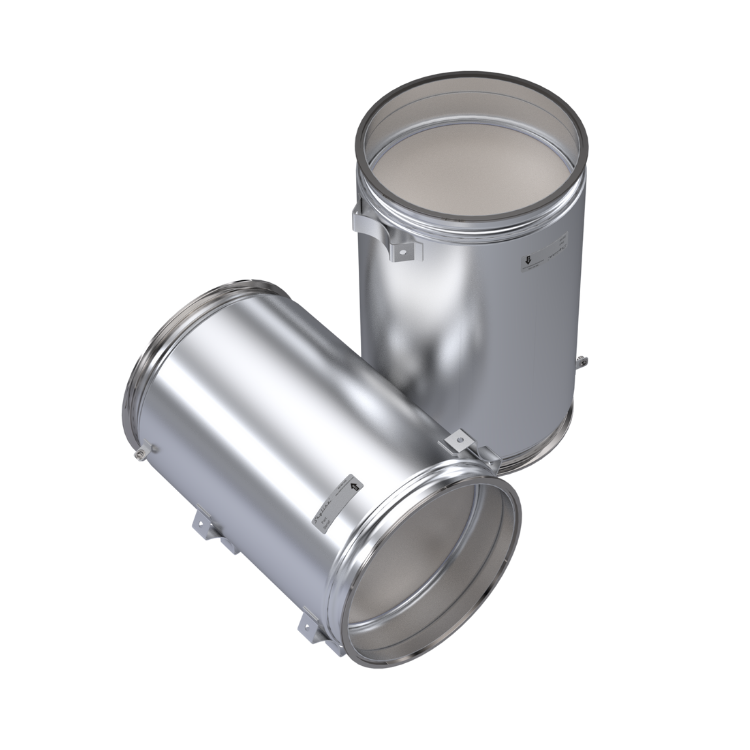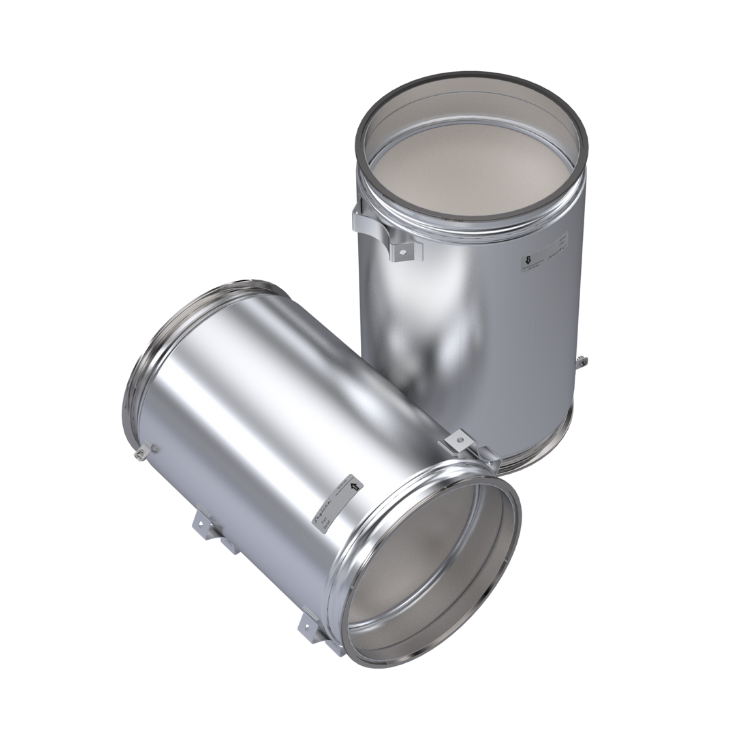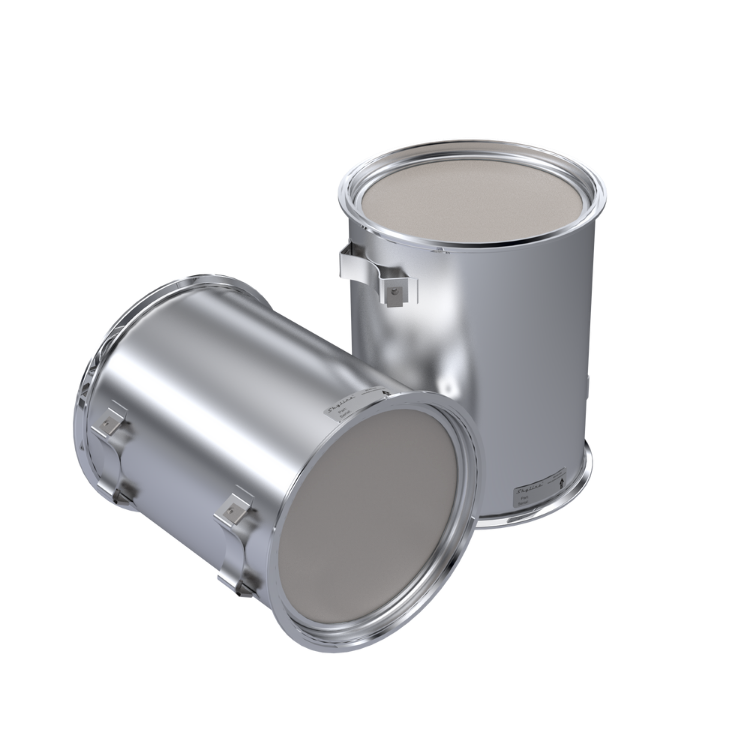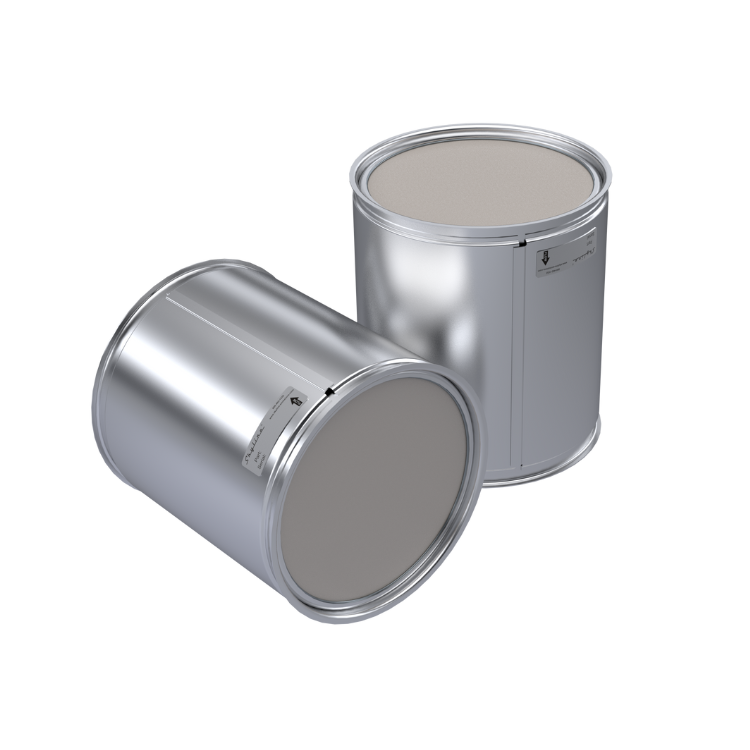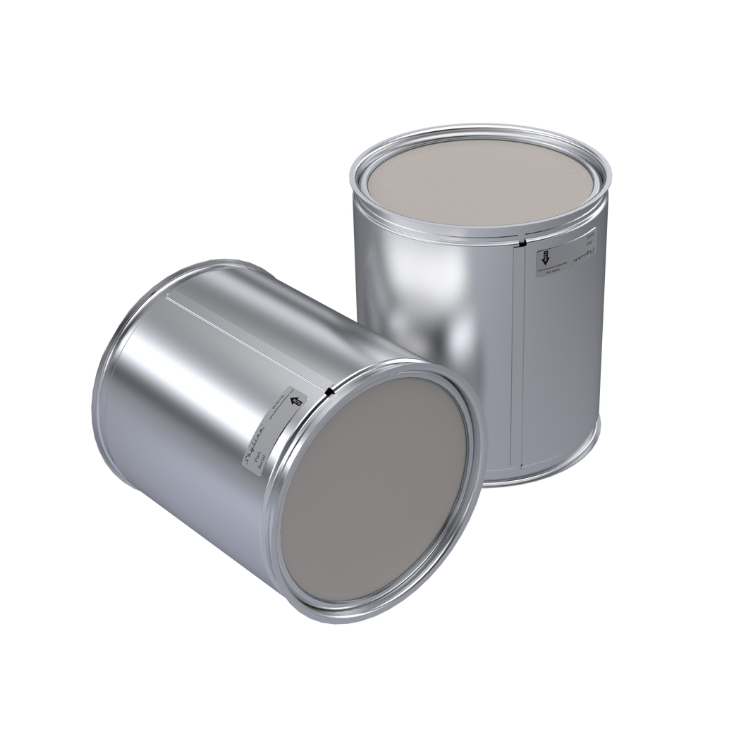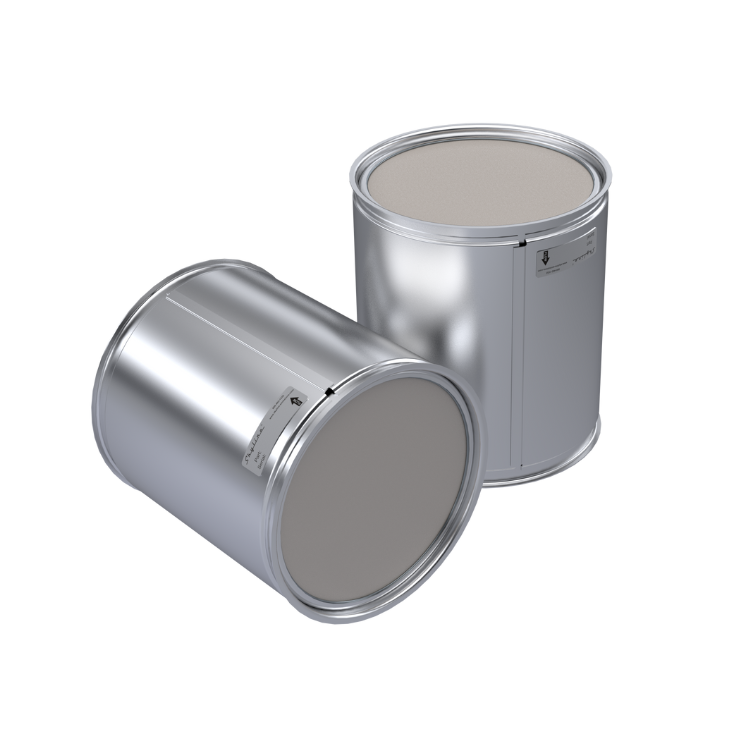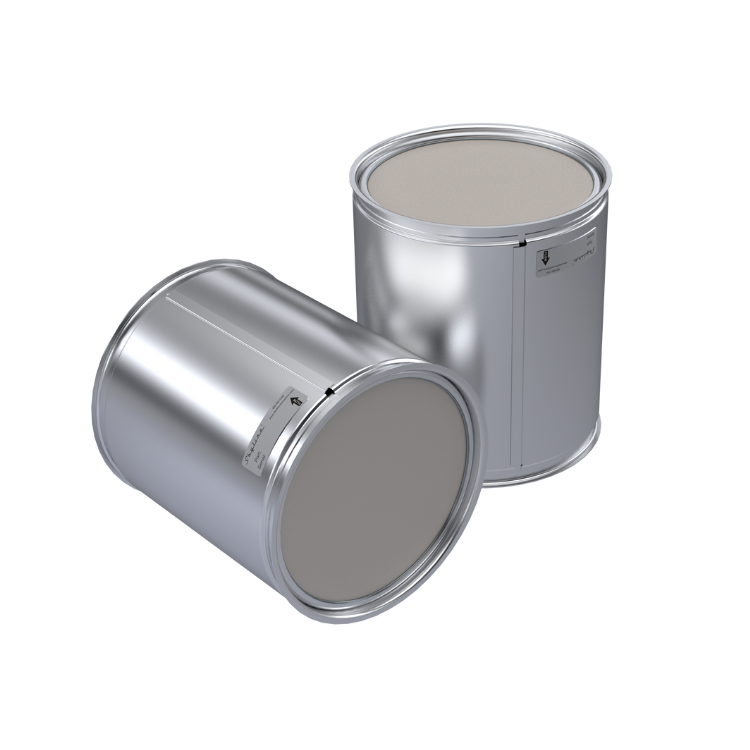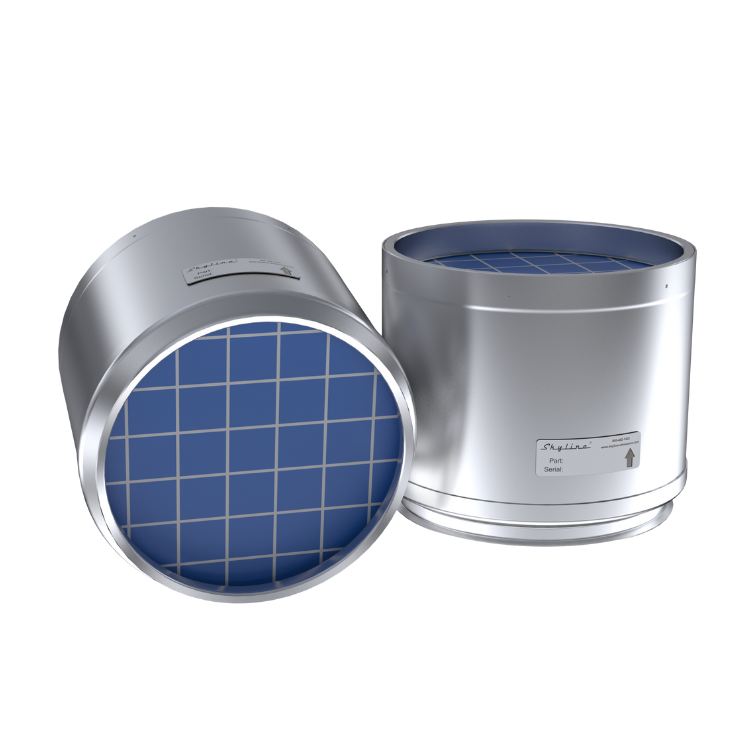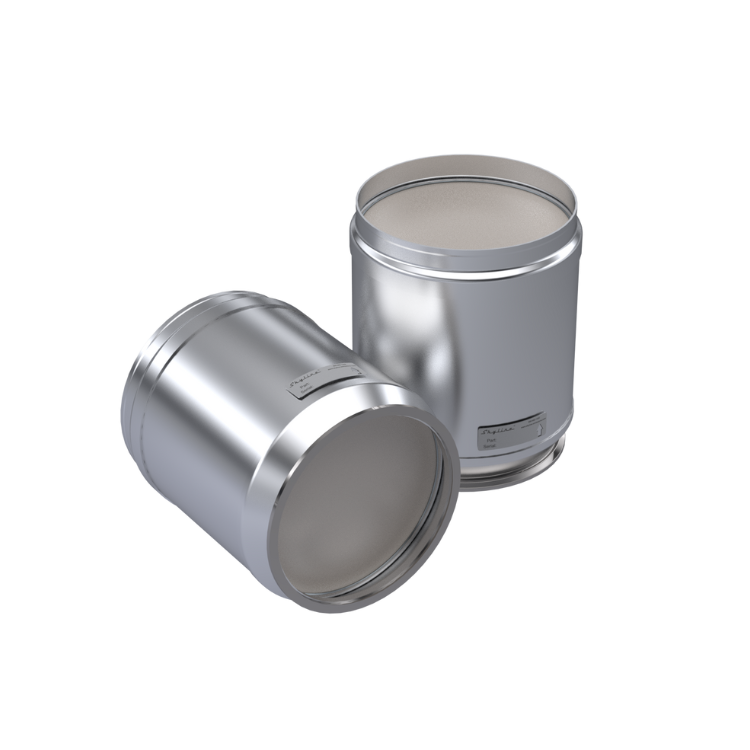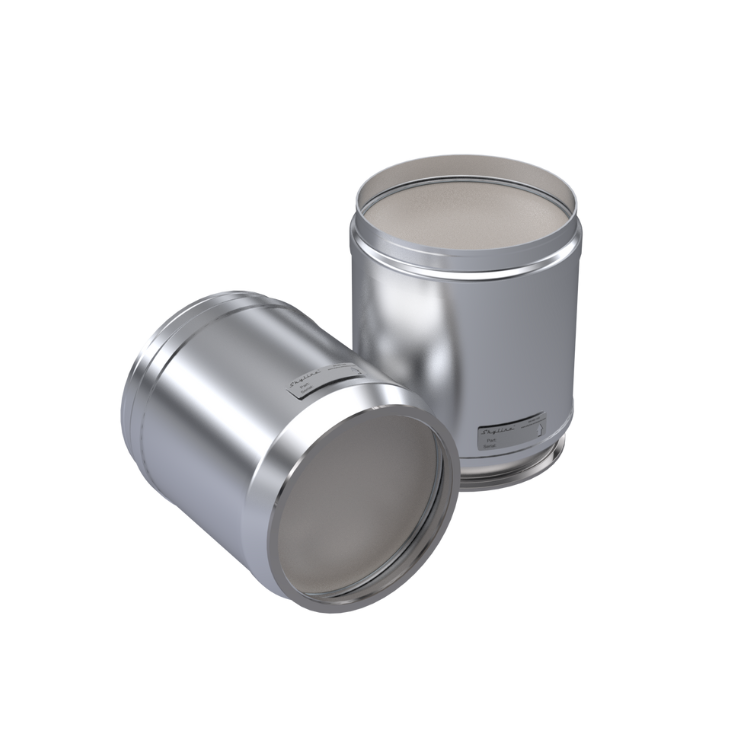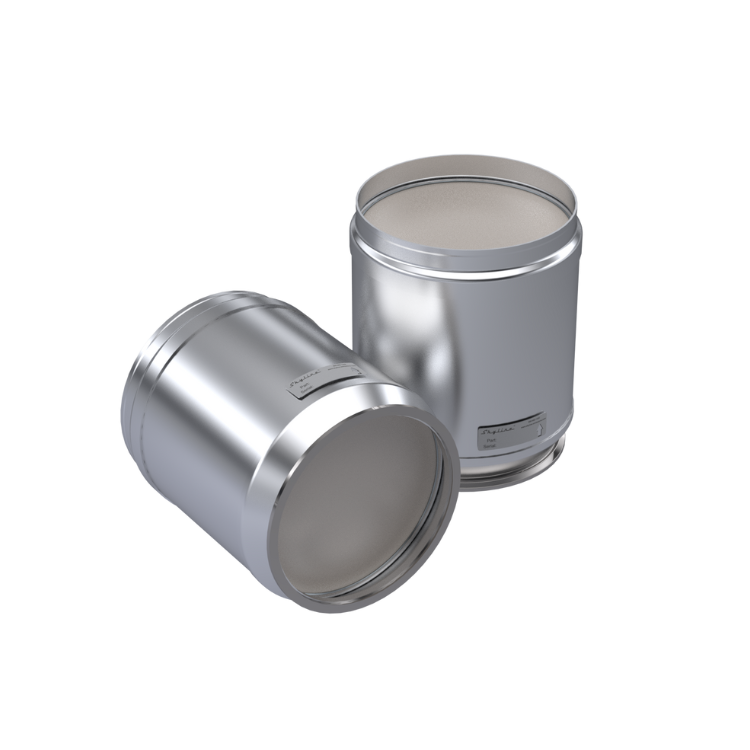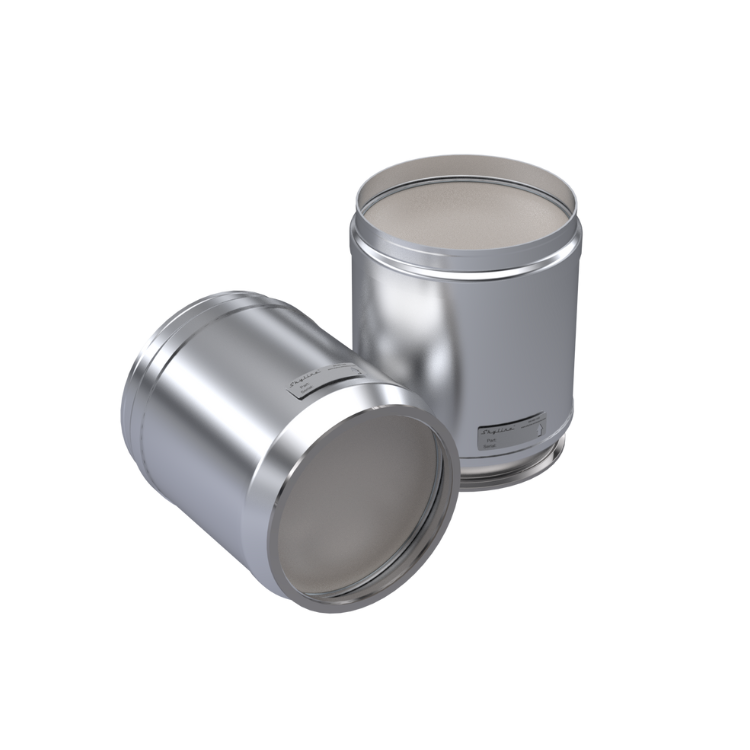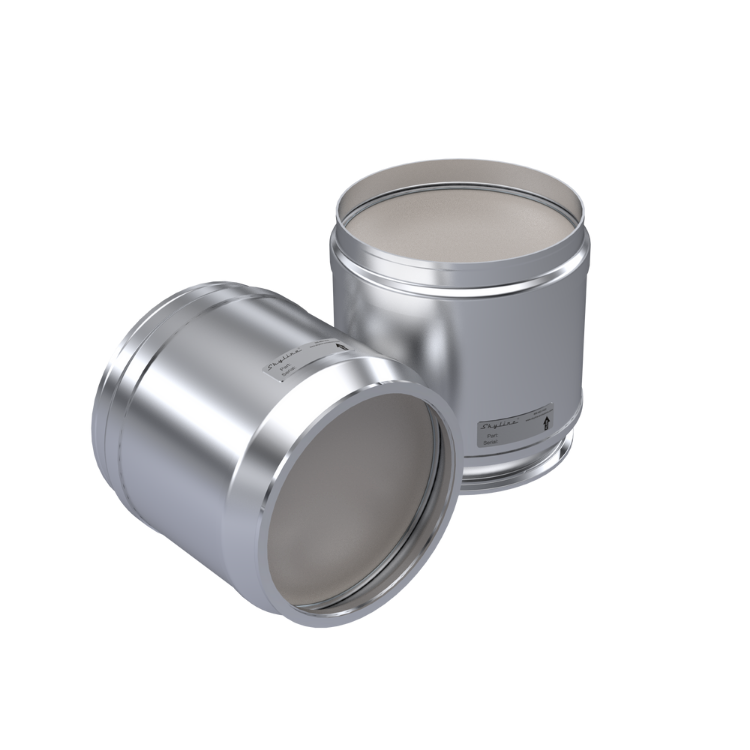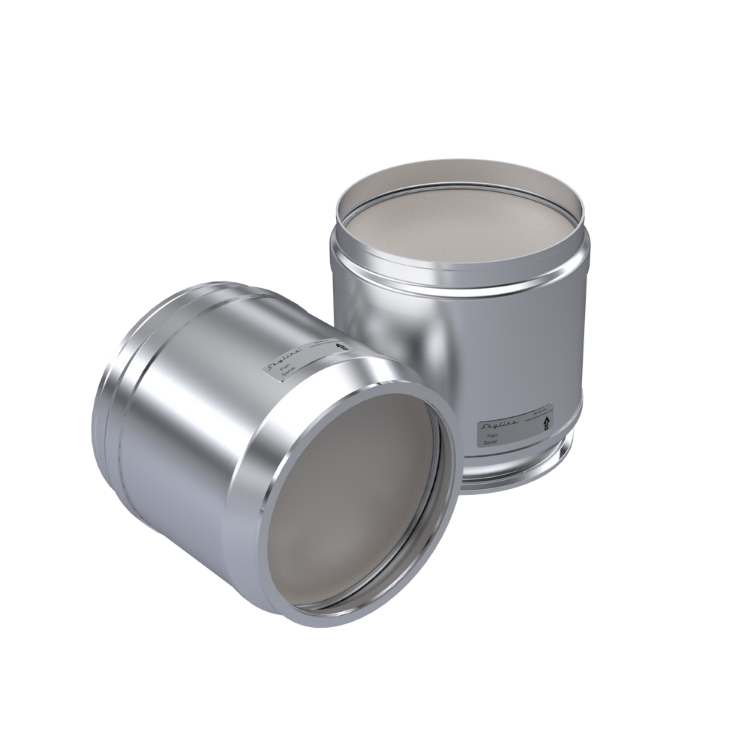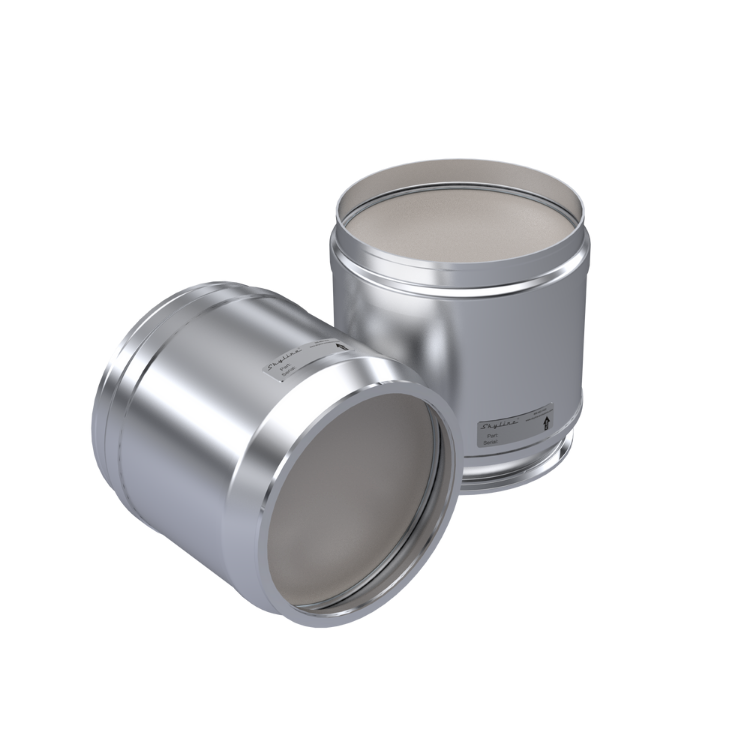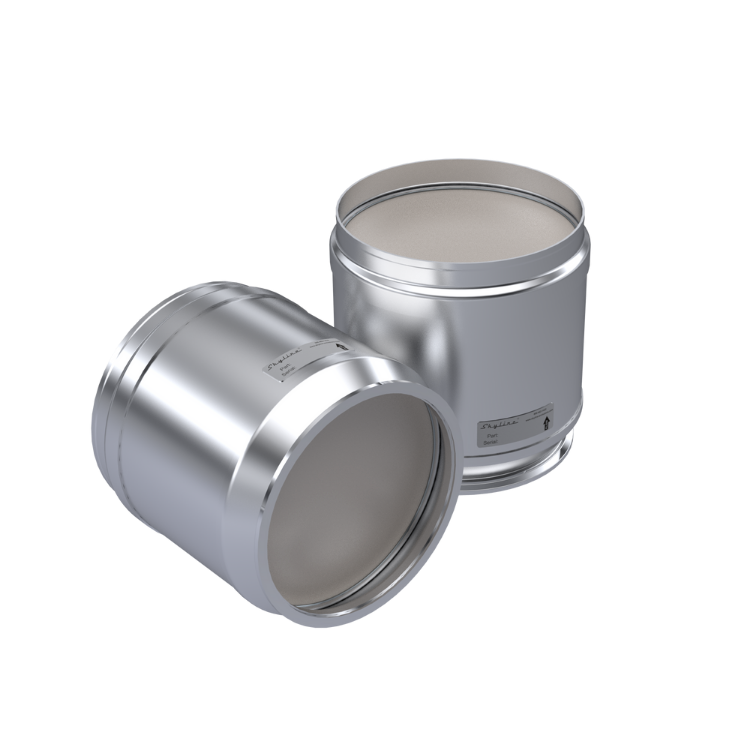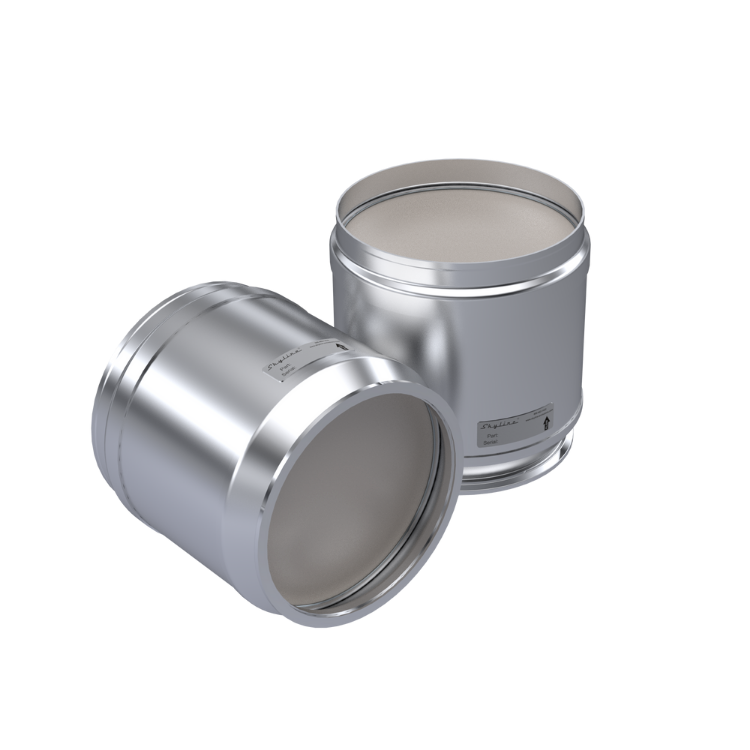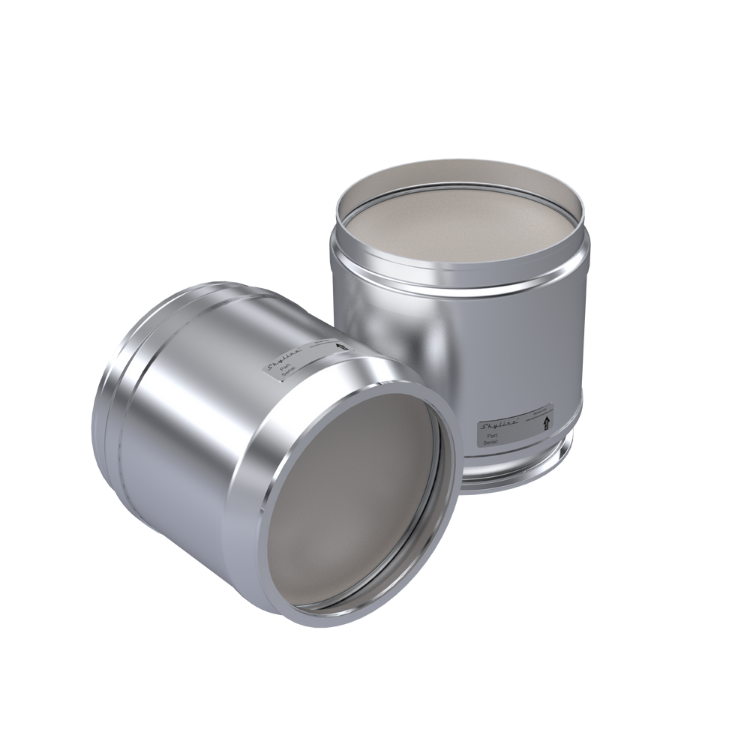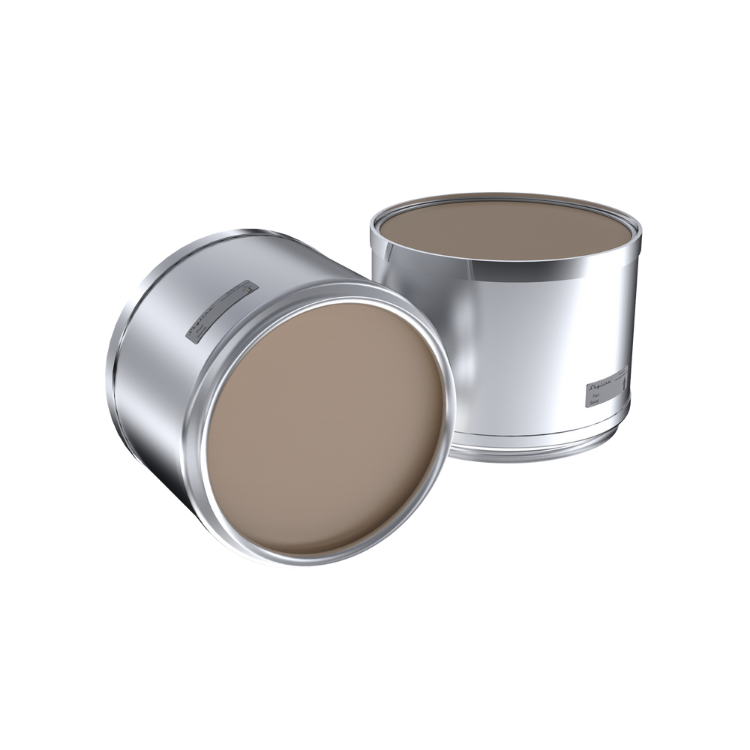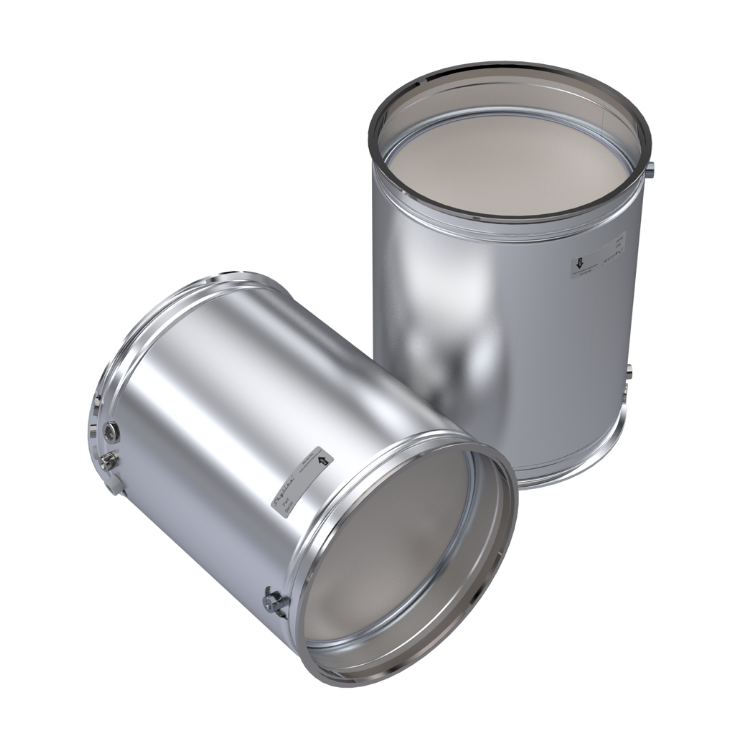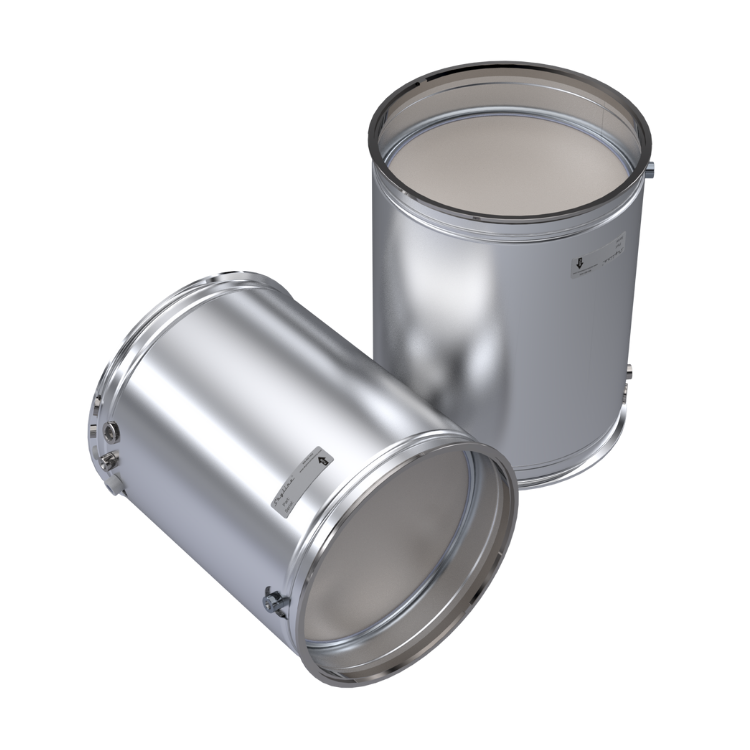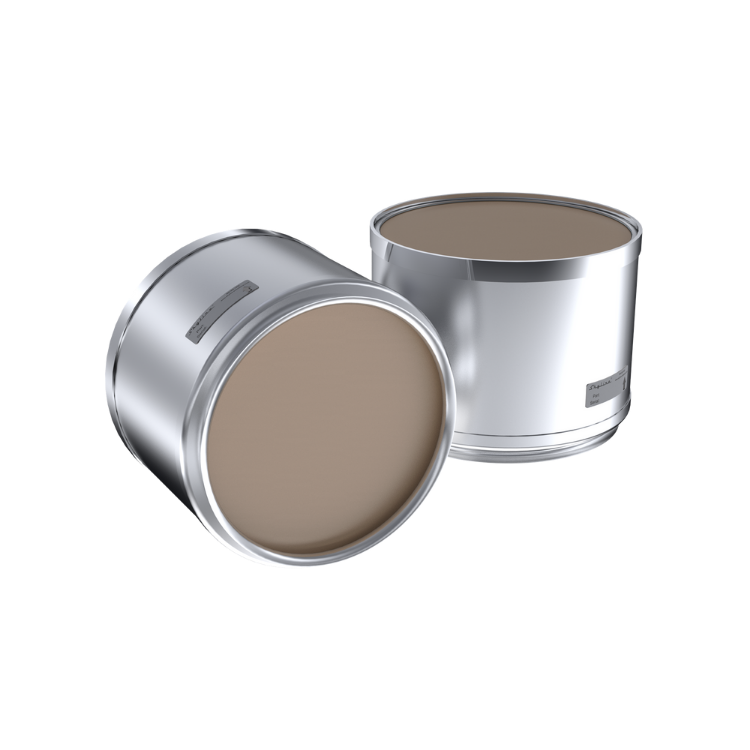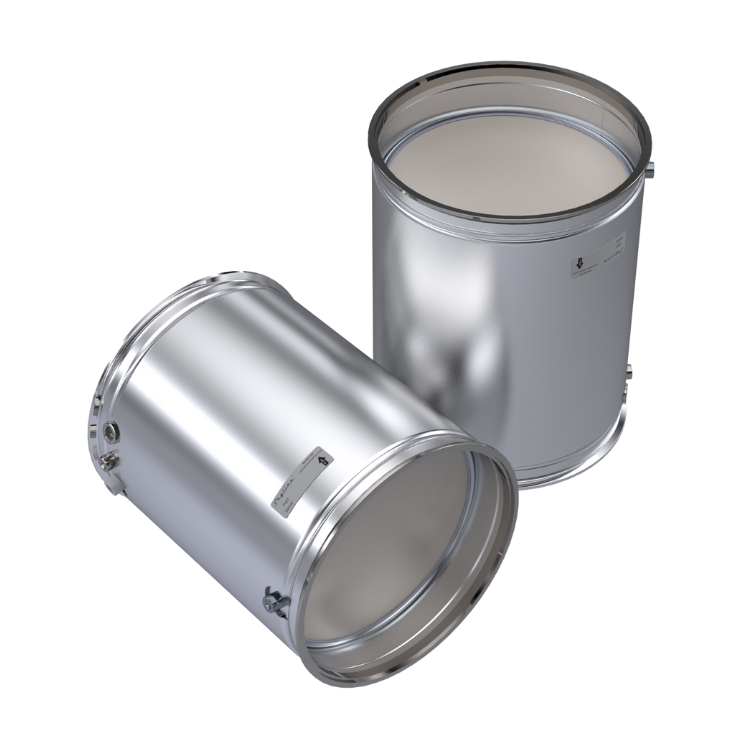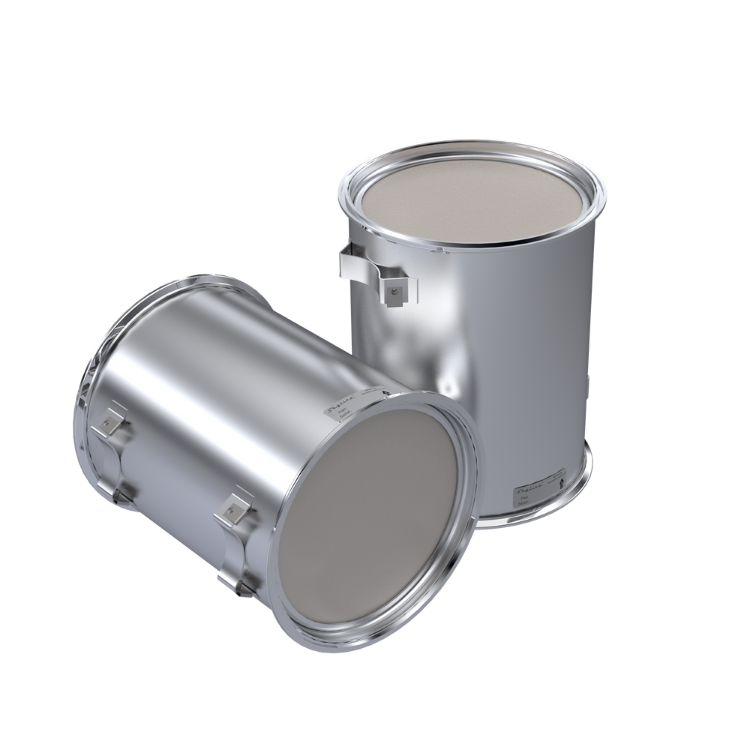A Diesel Particulate Filter (DPF) plays a vital role in reducing emissions by trapping soot and particulate matter from diesel exhaust. But like any critical component, it requires regular care. When DPF maintenance is neglected, it can lead to a series of issues that affect both engine performance and overall vehicle reliability.
What Happens When You Skip DPF Maintenance?
Failing to clean or service the DPF at appropriate intervals can lead to significant mechanical and financial consequences:
-
Restricted Exhaust Flow
Excess soot buildup in the DPF can cause severe exhaust backpressure, which hinders engine breathing and reduces power. -
Frequent Regeneration Cycles
A neglected DPF will trigger more frequent active or passive regenerations, wasting fuel and shortening engine component lifespan. -
Engine Warning Lights and Limp Mode
Overloaded DPFs will often cause check engine lights and may force the vehicle into limp mode to prevent further damage. -
Increased Fuel Consumption
Backpressure and regeneration demand extra fuel, resulting in poor fuel economy and higher operating costs. -
Premature Turbo and EGR Failures
Excessive exhaust pressure can damage turbochargers and EGR systems, leading to additional repairs. -
Costly Repairs or Replacement
A severely clogged DPF can crack or become irreversibly damaged, requiring a full replacement—a significantly expensive fix. -
Regulatory Compliance Issues
In many areas, DPF function is tied to emissions regulations. A malfunctioning or overloaded DPF can result in failed inspections and penalties.
Proper DPF maintenance isn’t optional—it’s essential. Routine cleaning, monitoring regeneration status, and using high-quality diesel fuel and additives can significantly extend the lifespan of your DPF. By keeping your DPF in good shape, you ensure better engine performance, fewer breakdowns, and compliance with emissions regulations.






